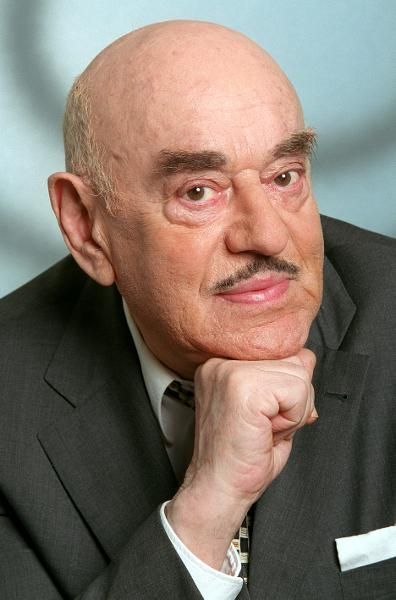Jakob Hirschkorn and Halina Zylberberg: The fortunes of a Jewish family from Łódź

Jakob Hirschkorn was born in Łódź on 1 January 1914. After the First World War, his parents emigrated to Germany, first to Darmstadt, then to Wawern near Trier, close to the border with Luxembourg in 1919/20. The family, which was originally called Herszkorn, came from the south of Russia. Around 1860, they moved to Łódź to escape famine and anti-Jewish pogroms. Jakob’s father Aron Hirschkorn was born there in 1885. In 1887, he married Sara Lachmann in Drzewica near Radom in what is today the Voivoideship of Łódź. The family worked in the textiles trade. Through this work, they developed relationships with Darmstadt, where one of Jakob’s uncles lived. In Wawern, the father Aron built up a modest existence as a mobile shoe salesman. He knew the area because he had been a prisoner of war there during the First World War and after the end of the war he had got to know the local Jews in the synagogue. Jakob Hirschkorn had four siblings. The year of his older sister Sophie’s birth, who was also born in Łódź, is not known. Paula was born in Darmstadt in 1919, followed by Norbert in Wawern in 1921 and Erna two years later.
In Saarbücken, Jakob Hirschkorn learnt a butcher’s trade and returned to Wawern in 1935 after the Saar plebiscite. From that year on, the family was subjected to constant harassment there. The Nazis regularly besieged the Hirschkorns’ house and shattered windowpanes at least three times. The SA forced entry into their house and extorted money, shoes and other things by threatening them. In 1936, Aron Hirschkorn had to close his shoe business.
To Luxembourg
After his arrest by the Gestapo and brief imprisonment in Trier in August 1938, Jakob made the decision to flee to Luxembourg. He was 24 years old. At this point, it was nigh on impossible to emigrate legally to neutral Luxembourg because the number of Jewish refugees to the country had grown significantly, particularly as a result of the “annexation of Austria”. There was a lot of resentment there, particularly towards people from Poland. For example, a report by the Gendarmerie states:
“It is to be noted that Hirschkorn is a Jewish refugee who, according to his passport, only has a residence permit limited to a specific date. He is working here below the rate of a standard wage. His employer does not want to provide a guarantee for a possible transport home to Poland. Because the country is swamped with Jewish refugees - who can no longer find accommodation in other countries – and is also otherwise overrun with foreigners, and the State currently has enormous costs to maintain a border crew to stem the tide of refugees, the request cannot be assessed here.”
Migrant workers
In the period that followed, the judicial authorities tolerated Jakob Hirschkorn in Luxembourg because he had applied to the Jewish aid organisation ESRA for migration to Paraguay, where his uncle lived, or to England. He worked in agriculture on different farms in Echternach, a small town in the east of Luxembourg, close to the German border. By all accounts, Jakob Hirschkorn was a kind of migrant worker employed by a different farmer each year. Because there was a lack of farmworkers, it was almost the only area in which the Jewish refugees had a chance to get work. But they were often paid only a pittance.
In May 1940, the German armed forces invade neutral Luxembourg. In September 1941, the Nazis imprisoned Jakob Hirschkorn together with 53 more Jewish forced labourers from Luxembourg in a labour camp for the “Reichsautobahn” in the Eifel. Back in Luxembourg, the German occupiers deported Jakob Hirschkorn on 17 October 1941 to “Litzmannstadt”.









